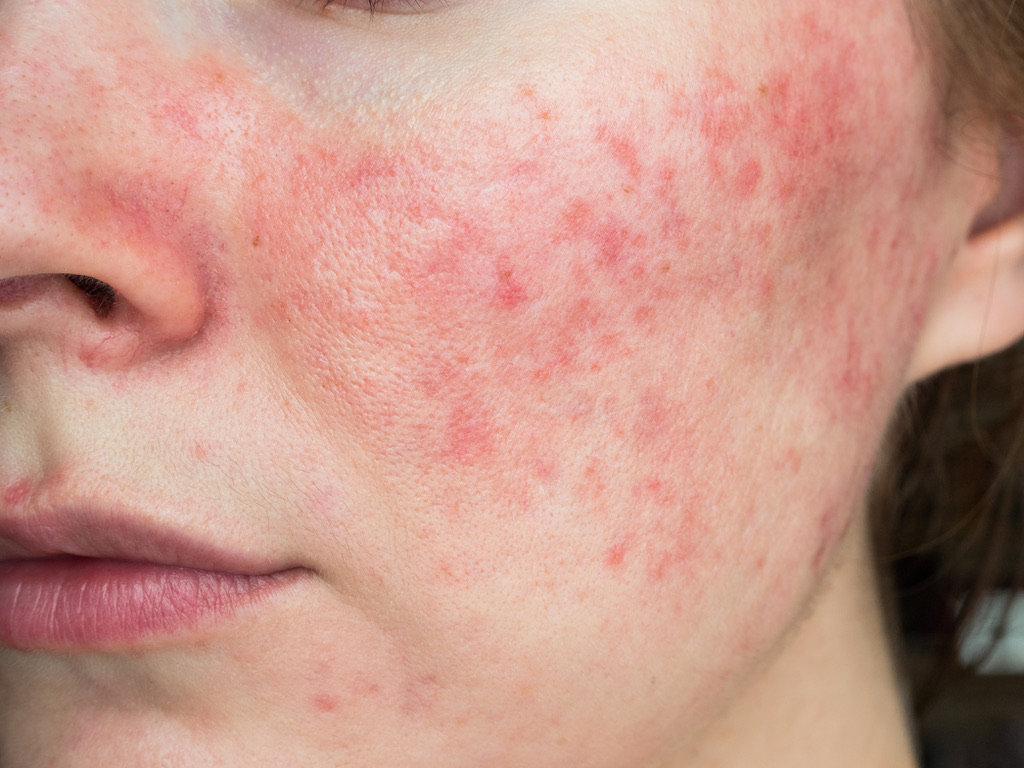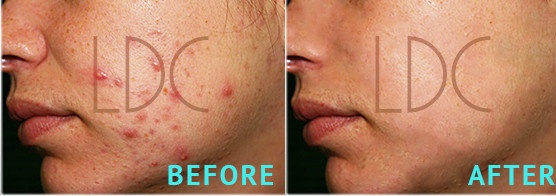Acne is a common and distressing skin condition affecting millions worldwide. The severity and frequency of acne varies from person to person, and interestingly, many people experience improvement in their acne symptoms during the summer months. In this article, we’ll…
Call Us Now
0207 030 3370
Lines Open: 9am – 9pm | Mon – SunAward Winning
5-Star Rated Clinic
5/5




